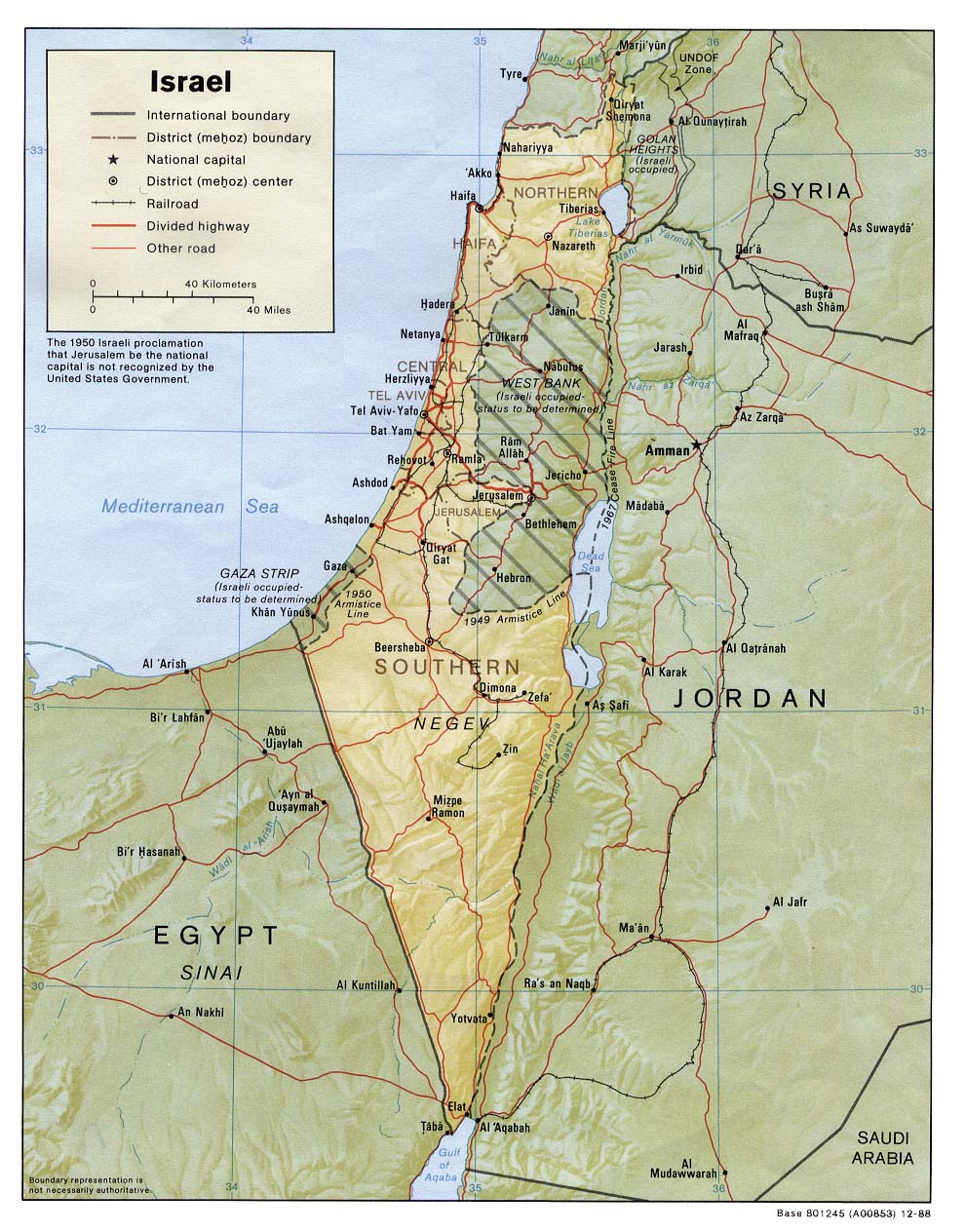As with all Jewish traditons, specifics of the ceremony of death vary by community, though there are many aspects observed by almost all the Jewish community.
During what is thought to be the final hours of a persons life, the dying (or a Rabbi) will customarily recite a confession. Upon recieving news of the passing, a blessing is then offered to God, praising him as the true Judge.
The burial ritual is overseen by a Chevra Kadisha, which is a closely knit but loosely organized society of Jewish men and women who ensure the body is prepared according to Jewish law. It must be buried as soon as possible, as it is against protocol to embalm the body, though embalming will be done if required by civil law. The funeral is kept simple to reflect the idea that all people are equal in death, with simple linen clothes for the body and a wooden casket. The Kaddish, or 'Prayer of the Dead' is recited by the deceased's children, along with psalms, prayers and eulogies.
Following the burial is the Shiva, the seven days of mourning, where family and friends gather to comfort their bereaved, and expression of grief is encouraged. Every year therafter, on the anniversary of the death, the ceremony of Yahrtzeit is held. It is a single day of rememberance for the deceased, during which the Kaddish is recited (usually three times) and a ceremonial candle is burned.

by Alex Jeffrey
Facts from: http://torah.org/qanda/kbdmp.php?rootid=32

1 comment:
thats really interesting that the jewish community gathers with the family and friends of the person who died and they morn for a week together. i really like that they do that. i feel that that would make a mounring of someones life alot less difficult cause you would be with all the ones who loved and cherished the person for a whole week celebrating the life of the person who died.instead of like the catholic religion when they just have the funeral of the person but then after that day everyone goes on with their life. i really like the jewish concept of that.
Post a Comment